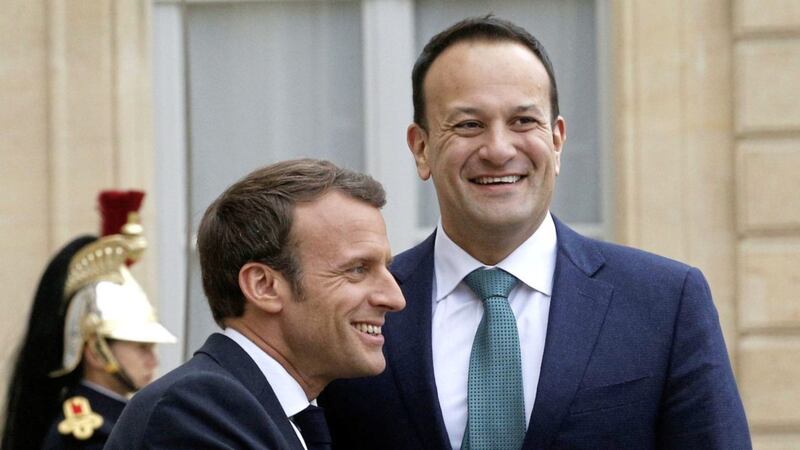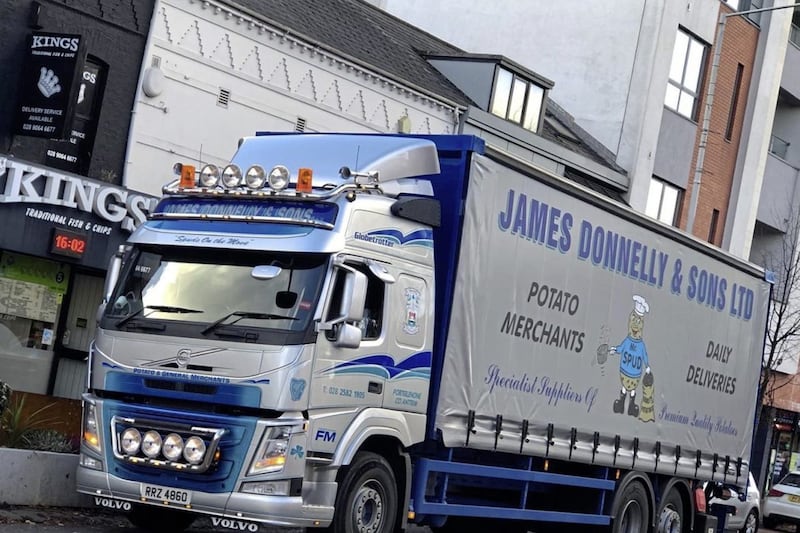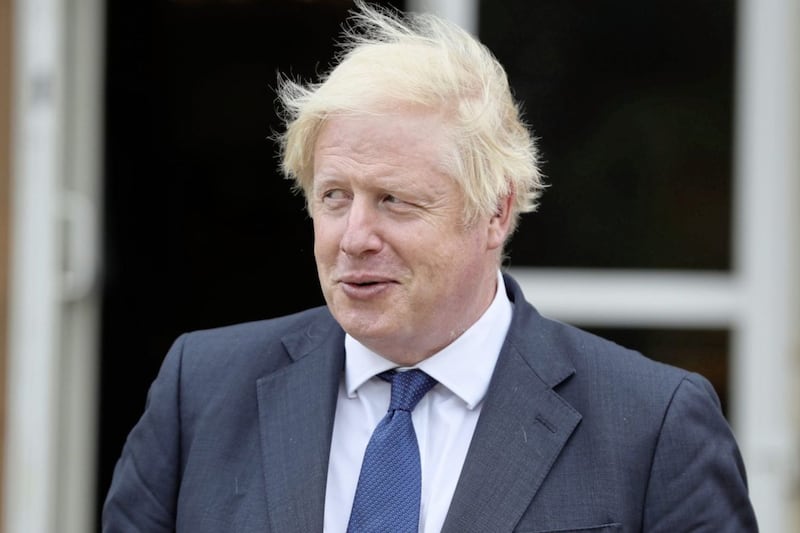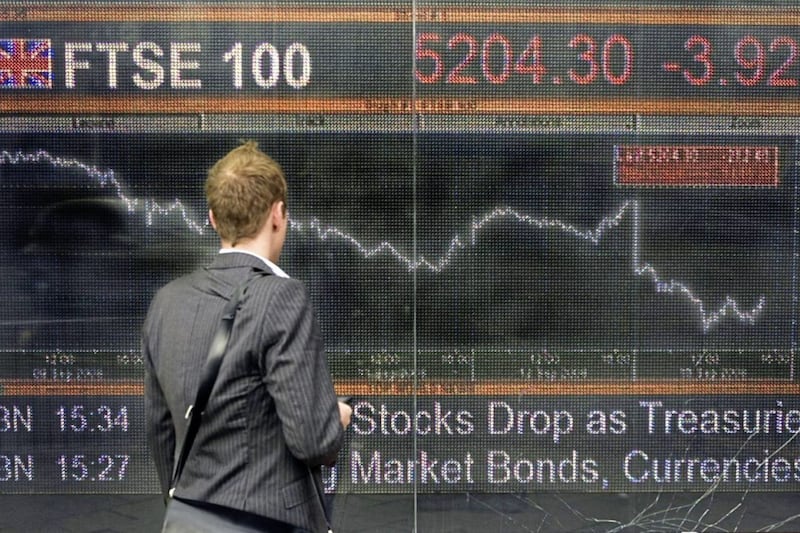IRELAND and France would be the EU countries most directly affected by a no-deal Brexit, French president Emmanuel Macron has said.
Mr Macron was speaking as Leo Varadkar travelled to Paris, where the taoiseach said European leaders needed to be open to any credible proposals that Theresa May brings forward to break the Brexit deadlock.
On arrival in Paris, the Fine Gael leader thanked France for its ongoing solidarity with the Republic in the difficult Brexit period.
Mr Macron responded by saying he was aware of the "tremendous difficulties" that would arise in Ireland were the UK to crash out of the EU.
The French president said that credible justifications for an Article 50 extension for the UK could include an election, second referendum or alternative proposals for the future relationship, such as a customs union.
The EU would be "open" to such proposals, but it was for London to put them forward, he said.
However, he said the EU could not spend the coming months "sorting out yet again the terms of our divorce and dealing with the past".
Mr Varadkar said although Brexit would be the main topic of conversation, the EU should not let itself be consumed by the issue.
"At the last European Council meeting, we gave the UK some time and space to come up with a way forward, as it stands they will leave the EU on April 12 without a deal," the taoiseach said.
"However, there is still time for the prime minister to come to the council with proposals - proposals that are credible and have a clear pathway to success and we need to be open to any proposals she might bring forward to us."
He said he would like to discuss how the EU could assist Mrs May in securing the ratification of the withdrawal agreement, including the backstop.
"Recognising that the withdrawal agreement cannot be opened but if the UK changes its red lines, we could make changes to the declaration on the future relationship," he said.
"Also, we'll need to consider how we may respond to any request for a long extension, and we want to avoid a rolling extension, so any extension must have a clear purpose and plan."
While Theresa May will ask the EU for an extension to the Brexit deadline to "break the logjam" in Parliament, the prime minister has insisted that her withdrawal agreement - which was voted down last week - would remain part of the deal.
Earlier Tánaiste Simon Coveney warned that a no-deal Brexit is still a very real possibility.
He said Dublin had intensified its no-deal contingency planning with the EU Commission but said checks at EU ports on Irish products was not a runner.
"I agree with Michel Barnier and others when they say that, when the days pass, a no-deal Brexit looks like a very real possibility," Mr Coveney told the Dáil.
But the Fine Gael deputy leader said the Republic was not going to allow a situation where the UK leaving the EU without a deal "drags Ireland out of the single market with it".
"Checks in EU ports on all Irish products - that is not a runner, and will cause significant damage to our economy, so we will not allow it," he said.
Mr Coveney said Dublin and the EU Commission were trying to work out how best to respond to a no-deal scenario to ensure the Good Friday Agreement was protected, but also that physical infrastructure on the border was avoided.








